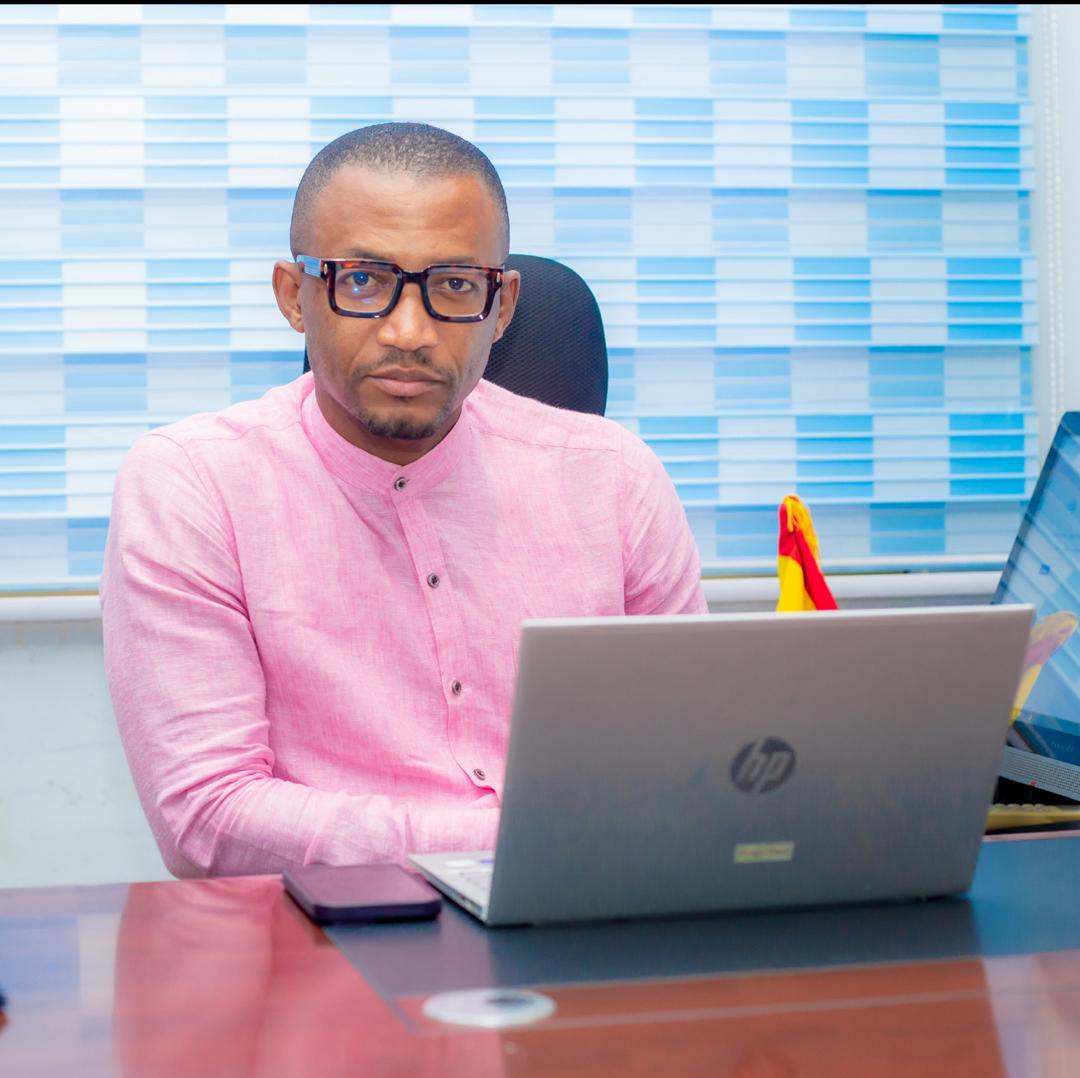
By Emmanuel Boakye Ansah
At sixty years old, the Ghana Cedi is far more than a currency, it is a living emblem of our sovereignty, a mirror reflecting our economic journey, and a test of our collective faith in the Ghanaian story. The Cedi has witnessed the triumphs, struggles, and resilience of our Republic. It has endured the waves of inflation, reforms, and redenominations, yet it continues to serve as the lifeblood of our economy. As we commemorate Cedi@60, we must go beyond celebration. This moment calls for introspection and action. Defending the Cedi, now more than ever, is a civic duty for every Ghanaian.
For too long, the Cedi’s fate has been viewed solely through the lens of government policy and central bank decisions. While fiscal and monetary discipline remain essential, the Cedi’s true strength ultimately depends on collective behaviour. The way we trade, save, speak, and think about our currency. The notion that defending the Cedi is only the government’s responsibility is not only mistaken; it is dangerous. The stability of our currency is a shared responsibility that calls for national discipline and patriotism in everyday choices.
Let us first confront an uncomfortable truth: our overreliance on the US dollar in domestic transactions has quietly eroded confidence in our own currency. From real estate listings to school fees, car sales, and even some hospitality services, the creeping dollarization of our economy has created a psychological divide between aspiration and reality. It sends the message that success must be measured in dollars, not in the strength of our own Cedi.
But we cannot build Ghana with another man’s currency. Every time we choose to trade, price, or save in foreign currencies when the Cedi is available, we contribute to its depreciation. Every time we hoard foreign notes out of fear, we weaken our own medium of exchange. This pattern must stop. As the Minister for Finance, Dr. Cassiel Ato Forson reminded us at the Cedi@60 launch, “the US dollar is not our currency. The continuous pricing of goods and services in US dollars will only hurt us. Let’s stop it.” Those are not just words of caution, they are a call to civic action.
Defending the Cedi begins with confidence, confidence born not from blind optimism, but from a recognition of what the Cedi represents. When Dr. Kwame Nkrumah introduced the Cedi in 1965, it was more than a monetary reform; it was a statement of independence. Replacing the British West African pound symbolized our break from colonial economic structures and our embrace of self-determination. Today, that symbolism endures. To lose faith in the Cedi is to lose faith in Ghana’s capacity to shape its own destiny.
Of course, government must lead by example. Fiscal discipline, prudent borrowing, efficient public expenditure, and strong revenue mobilization remain central to maintaining a stable Cedi. The Ministry of Finance, together with the Bank of Ghana, continues to work towards macroeconomic stability, responsible debt management, and the strengthening of foreign reserves. But these efforts can only succeed if citizens complement them through responsible financial behaviour.
What does that mean in practice? It means choosing to save in Cedis instead of rushing to convert earnings into dollars. It means supporting local production, because every import we substitute with a domestic product strengthens the value of our currency. It means rejecting the culture of pricing goods in foreign currency and reporting businesses that engage in such practices. It also means talking positively about our economy because economic confidence, like any other form of trust, thrives on perception.
The defense of the Cedi is not only about economics; it is about nationhood. Our attitude toward the Cedi reflects our attitude toward Ghana. A people who doubt their currency doubt their own potential. When we protect the Cedi, we are not just preserving a means of exchange; we are preserving the essence of our national pride and sovereignty.
We must also remember that defending the Cedi is about intergenerational responsibility. The young Ghanaian entering the job market today deserves a currency that can withstand shocks and support opportunity. The entrepreneur deserves a financial environment where the local currency can sustain long-term planning. The farmer, the trader, the teacher, and the nurse all depend on a stable Cedi for their livelihoods. In short, a strong Cedi is the foundation upon which shared prosperity is built.
As we celebrate sixty years of the Ghana Cedi, let us rededicate ourselves to protecting it. Let us hold ourselves accountable for how we treat it. Let us speak of it with pride, not frustration. Let us trade with it, save with it, and defend it not because we are forced to, but because it is ours.
The Cedi’s story is ultimately the story of Ghana itself, resilient, evolving, and full of promise. Its endurance depends not on a few technocrats or policymakers, but on the daily decisions of millions of citizens. The Cedi has served us for sixty years. Now, it is our turn to serve it.
To defend the Cedi is to defend Ghana. And that, indeed, is every citizen’s civic duty.
The writer, Emmanuel Boakye Ansah is Ag. Head of Public Relations
Ministry of Finance

